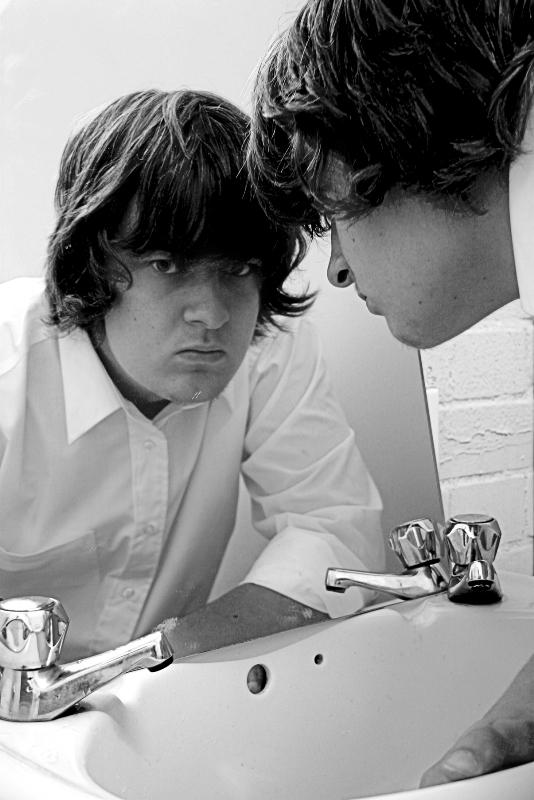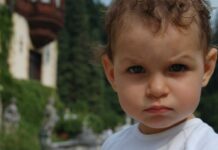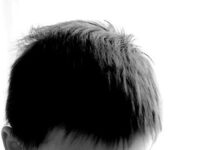Children with obsessive compulsive disorder have a number of symptoms that are sometimes different from the symptoms that adults with the same disorder may present.
 That is why we want to guide you on how to recognize if my child has obsessive compulsive disorder and, in this way, if necessary and if you consider it appropriate, seek the relevant help to diagnose it in time.
That is why we want to guide you on how to recognize if my child has obsessive compulsive disorder and, in this way, if necessary and if you consider it appropriate, seek the relevant help to diagnose it in time.
Steps to follow:
- The child has repeated obsessions and compulsions that cause intense psychological distress, interfering with daily life. In children compulsions are more frequent than obsessions.
- Has obsessions derived from disturbing ideas, repetitive thoughts, unpleasant and unwanted by the child with OCD. These thoughts appear when they least expect it, being intrusive thoughts and this causes fear and a high level of anxiety.
- One of the symptoms of obsessive-compulsive disorder in childhood is that the child carries out compulsions in a repetitive and interrupted way, caused by an obsessive idea. To reduce his anxiety the little one repeats this or these acts.
- Compulsions and thoughts cause them discomfort, suffering, anxiety and when adults recriminate or punish them for their repetitive behavior, anxiety increases.
- The obsessions that your child may have when suffering from obsessive compulsive disorder can be: death, sex, diseases, the possibility that their parents or a close family member will contract them, fear of contamination from the outside, fear of making mistakes or doing the same. bad things, magical thoughts (believing in numbers of good or bad luck, omens that something bad is going to happen), need for symmetry and precision, need to confess and know, save and accumulate.
- The compulsions that your child may have when suffering from obsessive compulsive disorder can be: washing continuously (for example, hands for an hour causing skin problems), constantly cleaning because they do not support the slightest dirt, performing repetitive checks, accumulating things while being unable to throw anything away, constantly repeating actions with obsessive ideas in the head (for example, if they don’t move the window 200 times something bad will happen to a close relative).
- Regarding his behavior and character, he is more irritable, hostile, withdrawn, sad or with sudden reactions.
- He lowers his school performance because of his obsessions. For example, collect objects, or practice their rituals for at least one hour a day.
- A child with obsessive compulsive disorder usually has no friends because he spends all his time with his obsessions and compulsions.
If you think that your child could suffer from this disorder, it is best to consult a specialist.
This article is merely informative, we do not have the power to prescribe any medical treatment or make any type of diagnosis. We invite you to see a doctor in the case of presenting any type of condition or discomfort




